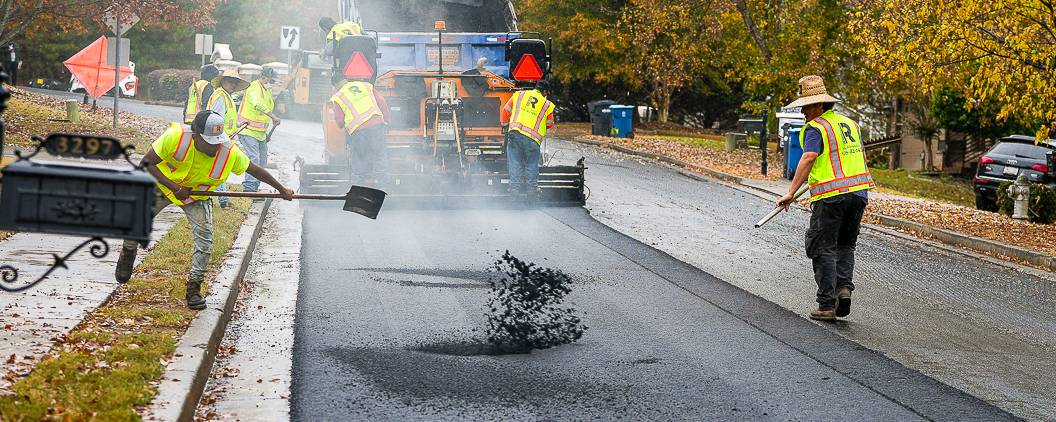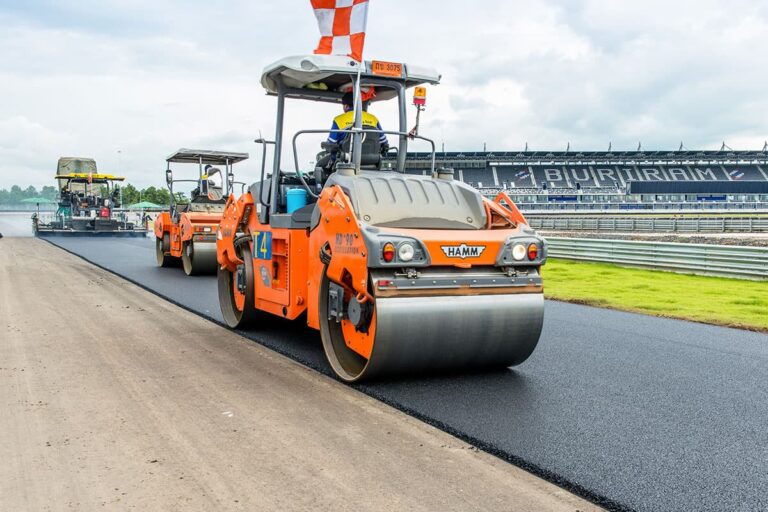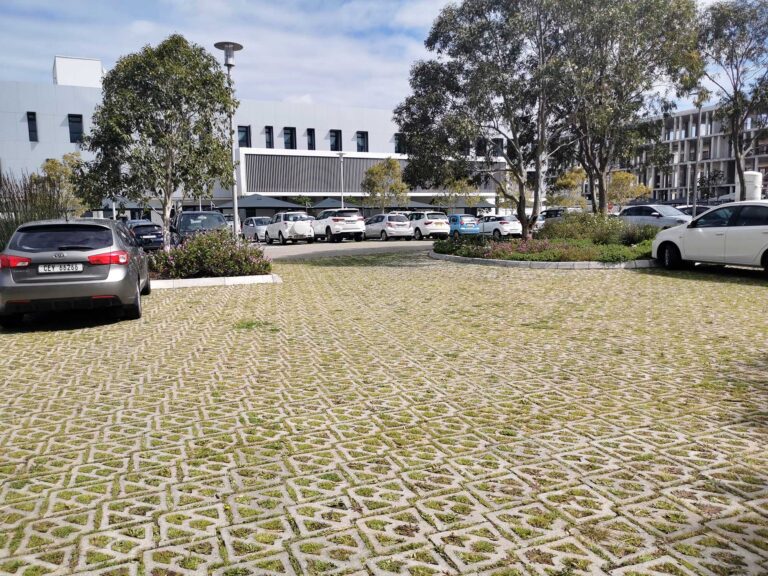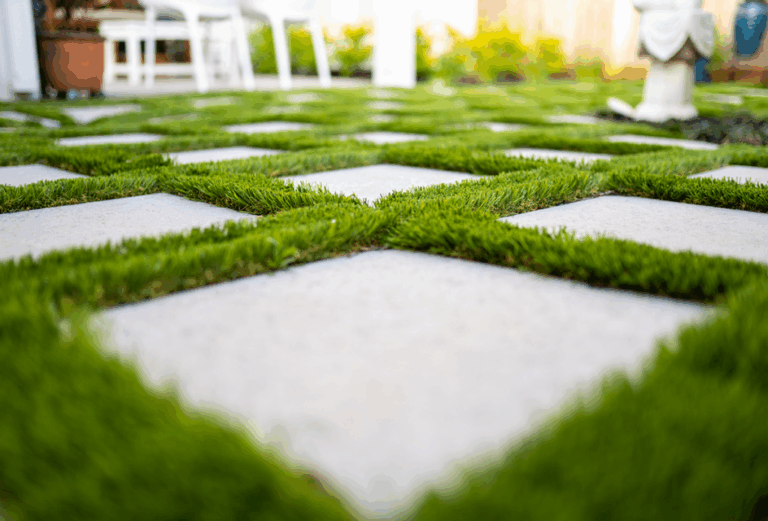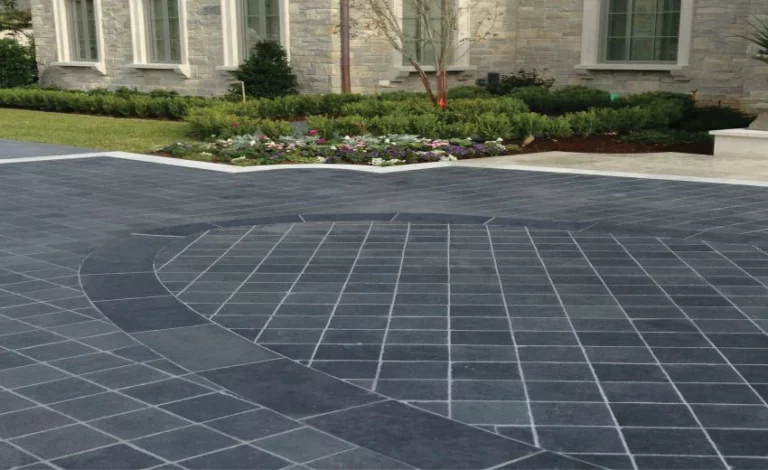Driveway Paving Companies: Comprehensive Guide to Choosing the Best for Your Home or Business
When homeowners or commercial developers search for driveway paving companies, they expect professional guidance that ensures a long-lasting, visually appealing driveway. Whether it’s asphalt, concrete, or interlocking pavers, the right contractor combines technical expertise with quality materials and modern equipment. This guide provides essential information: industry best practices, benefits, detailed product insights, real-world case studies, buying tips, and FAQs—so you can confidently pick the best driveway paving company for your needs.
Why Hiring a Professional Driveway Paving Company is Crucial
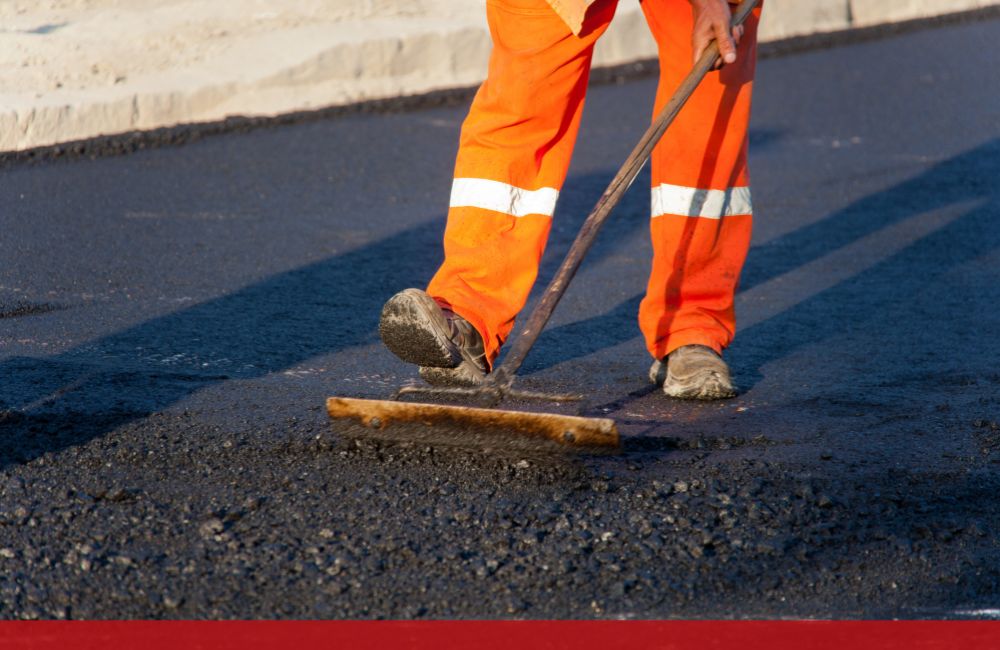
The lifespan and performance of a driveway depend heavily on preparation and installation. Qualified driveway paving companies bring technical knowledge, such as soil stabilization, drainage planning, base compaction, and climate-specific material selection. They understand grading for proper runoff, subgrade reinforcement to prevent shifting, and the structural layers needed beneath asphalt or pavers.
In addition, reputable contractors carry liability insurance, offer material and workmanship warranties, and ensure code compliance. This professional backing protects your investment and saves you from costly repairs or legal issues down the road. Whether installing in frost zones or hot climates, professional companies apply industry standards that DIY approaches often miss.
Key Benefits Provided by Expert Driveway Paving Contractors
Built to Last: Strength and longevity
Driveway paving companies choose materials engineered for performance. Options such as polymer-modified asphalt, concrete reinforced with fiber or rebar, and high-strength interlocking pavers provide resistance to cracking, rutting, freeze-thaw damage, and weight stress. With a well-compacted gravel sub-base and edge restraint, these installations can withstand vehicle traffic for decades.
Stamped concrete and decorative pavers add cost, but they deliver higher durability than standard concrete or chip seal, especially when installed and sealed properly.
Enhanced Appearance and Property Value
A professionally installed driveway enhances curb appeal and boosts home value. Contractors can match styles—colored concrete, natural stone, brick patterns—to suit architecture. Custom walks, borders, and integrated lighting elevate aesthetics further. Driveway paving companies offer color additions or staining for concrete and precise laying patterns for pavers, creating a polished finish that often pays back at resale time.
Maintenance Optimization and Safety
Pro-level installations reduce maintenance burdens. Proper sealing extends asphalt life, waterproofs concrete, and slows deicing salt erosion. Polymeric sand in pavers prevents weed growth and infill washout. Contractors also ensure correct slope and drainage to avoid standing water that causes slip hazards, cracks, and freeze damage. Add-on services—resealing, crack repair, re-striping—keep driveways safe and attractive over time.
Advanced Technologies Used by Professional Paving Companies
Infrared Asphalt Repair and Overlay
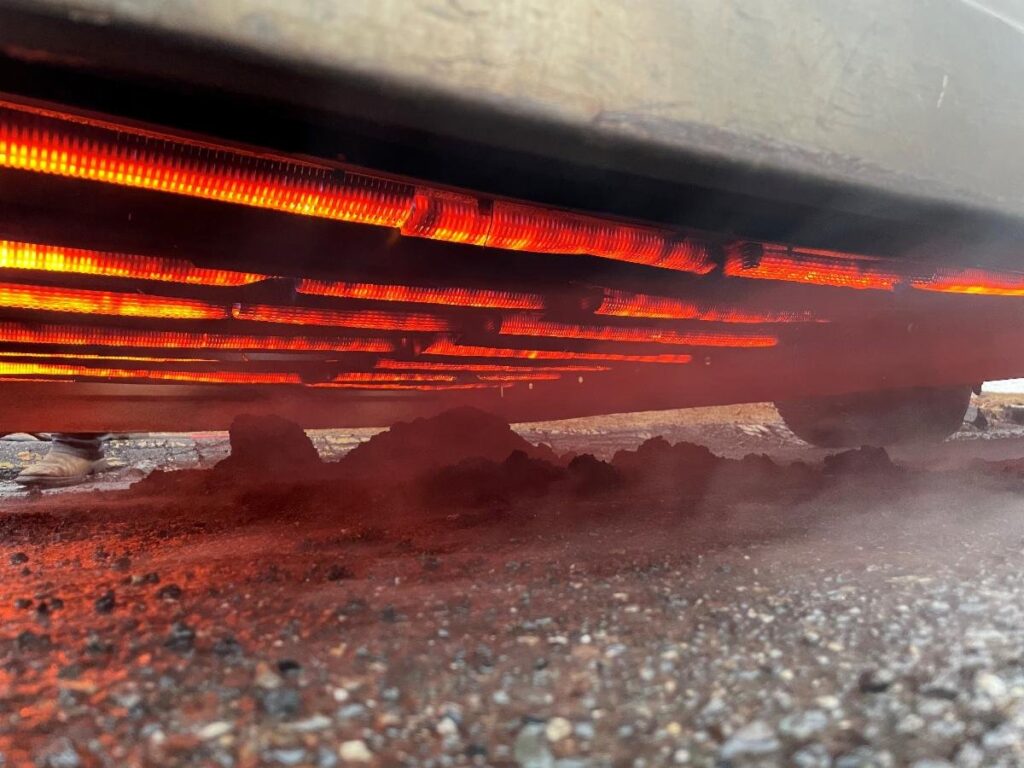
Specialized contractors use infrared heating tools to reprocess existing asphalt in place. Unlike patching, infrared repair blends old and new asphalt seamlessly, without visible seams. Once regraded, the area is compacted again for a smooth finish. This process restores structural integrity and minimizes the need for full repaving.
Infrared overlays rejuvenate faded driveways, encourage rejuvenating cracks, and improve drainage, all while extending lifespan.
Polymer-Modified Asphalt Mixes
These mixes incorporate additives like crumb rubber or polymers to increase flexibility and resistance to cracking. Driveway contractors use polymer-modified asphalt in colder climates or for heavy load-bearing applications. These mixes better absorb thermal expansion and contraction, reducing the frequency of crack repairs.
Research shows polymer-modified pavements last 50% longer than conventional mixes under similar conditions.
High-Performance Interlocking Pavers
When durability and design meet, interlocking pavers shine. Made from concrete or stone, tightly cut units provide flexibility and quick repairs. Draining joints allow water to flow away, preventing pavement heaving or puddles.
Many contractors now use permeable paver systems with gravel or grass infill for eco-friendly, zoning-compliant construction, combining function and style.
Laser-Grading and 3D Slope Control
Top-tier companies employ laser-guided machines to grade base layers precisely, achieving perfect slope and flatness. This precision ensures no pooling and consistent drain, ge—imperative for curb-to-gutter transitions and complex driveway layouts.
Now available rental systems allow progressively more affordable access to pro-machine accuracy for domestic driveway projects.
Top 5 Products Used by Driveway Paving Companies
Below are five top-rated materials commonly recommended or installed by leading driveway paving companies:
1. Estate Cobble Concrete Driveway Pavers
Estate Cobble mimics aged stone and comes in earth-tone blends. These interlocking pavers offer classic aesthetics with durable performance. Their irregular shape provides charming rustic appeal while ensuring tight interlock under load.
Key Features:
- Slip-resistant texture
- Heavy-duty suitability for driveways
- Easy replacement of damaged units
Why It’s Chosen: Many contractors recommend Estate Cobble for its timeless look and load-bearing capability.
2. Polymer-Modified Asphalt Mix (PMAM)
This asphalt blend combines standard aggregates with polymer additives. It offers excellent crack resistance, flexibility, and weather durability—ideal for driveways subjected to sun, freeze-thaw cycles, and vehicle stress.
Key Benefits:
- Lower maintenance frequency
- Resistance to rutting and deformation
- Longer surface life
Contractors often apply PMAM for clients wanting asphalt’s convenience with added durability.
3. Stamped Concrete with Color-Hardener
Stamped concrete provides decorative, patterned driveways reminiscent of brick, stone, or tile. Color hardener integrates pigments directly into the mix for deep, long-lasting color. Sealed finishes increase stain resistance.
Key Benefits:
- Elegant visual impact
- High compressive streFewer
- Less joints and potential leaks than modular pavers
Homeowners who desire a sleek, custom driveway often select stamped concrete for visual and functional appeal.
4. Permeable Interlocking Pavers
Varieties include grass grid, turf block, and eco-pavers. These units allow water infiltration through sand, gravel, or vegetation infill. Driveway contractors recommend them for eco-friendly projects, stormwater management, or area-specific mandates.
Key Benefits:
- Reduces surface runoff
- Supports ground recharge
- Integrates greenery for visual appeal
Use cases include homes with tight basements, permits requiring storm mitigation, or modern landscaped properties.
5. Infrared Repair Equipment Rental Kit
This kit provides a cost-effective way to restore damaged driveways without full repaving. Users heat existing pavement until tacky, rake in fresh mix, compact, and reseal.
Key Benefits:
- DIY access to pro-grade tech
- Seamless patch blending
- Minimal disruption
Many experienced driveway paving companies offer this as a low-cost maintenance alternative between full resurfacing jobs.
Detailed Use Cases: Solving Common Driveway Problems
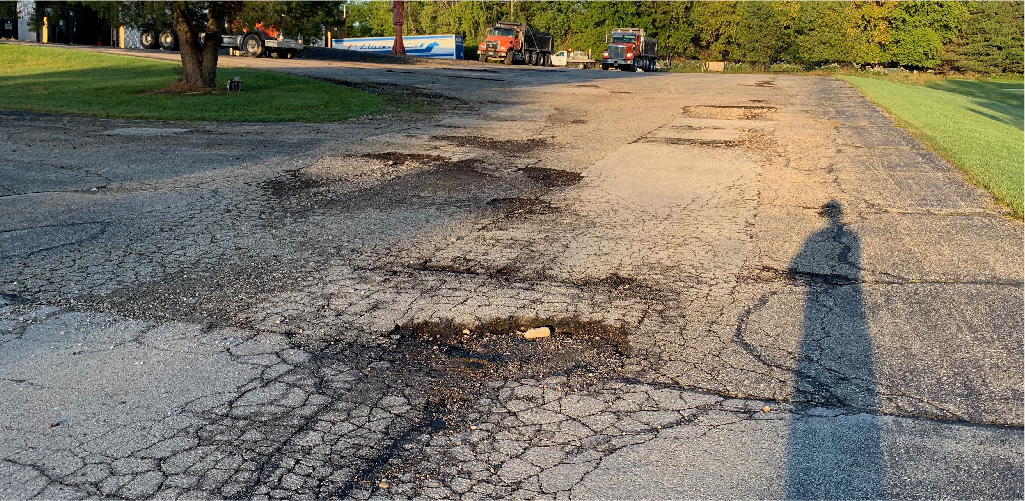
Use Case 1: Cracking and Sun Damage
Problematic driveways can crack and dry out under prolonged sunlight exposure. Asphalt begins to splinter, while concrete may cup or fade. Contractors apply infrared repair, overlay with PMAM, and then seal, repairing damage while reinforcing the surface with a waterproof, UV-resistant topcoat.
Use Case 2: Heavy Vehicle Load Issues
Driveways regularly used by RVs, service trucks, or trailers may sink or rut. Companies often remove the top layer, add geogrid or compacted gravel base, and reinstall stronger polymer-modified asphalt or interlocking pavers, solving load-settlement problems with technical base strengthening.
Use Case 3: Drainage and Pool Water Damage
Driveways near pools or downhill from gutters may suffer from pooling, freeze damage, or cracked concrete. Laser-graded base installation combined with permeable concrete pavers or turf grid ensures proper drainage and waterproof landscaping transitions.
Use Case 4: Aesthetic Revamp for Older Homes
Replacement of cracked asphalt with stamped concrete can modernize a historic villa. Contractors use custom color hardeners and textured stamping to mimic slate or brick, offering curb appeal without full demolition.
Use Case 5: Quick Repairs for Curb Appeal
Homeowners preparing for sale benefit from infrared repair kits. Driveway paving companies offer screw-on kits so owners can repair potholes, reseal cracks, and restore economy into a like-new appearance, without major investment or professional intervention.
How to Choose and Hire a Driveway Paving Company
Step-by-step Guide
- Research and Shortlist: Gather lists from local review sites, ask neighbors, and check licensing.
- Evaluate Projects: Arrange site visits for rough quotes and material previews—ask about base depth, edge restraint, and drainage plan.
- Compare Estimates: Ensure written bids include base makeup, slope, materials, crew size, timelines, access constraints, clean-up responsibilities, and warranty coverage.
- Check References and Portfolios: Driveway paving companies with long-term portfolios show consistent results. Look for before/after photos and contact references.
- Contract and Schedule: Sign a detailed contract. Confirm weather plans, unauthorized delays, and access coordination.
- Inspection and Maintenance Planning: After installation, inspect joints, compaction uniformity, surface texture, drainage, and sealant coverage. Plan for maintenance like resealing, weed control, snow removal, or striping.
How and Where to Buy Materials (Affiliate Style)
Many homeowners prefer DIY upgrades or contractor-managed installs. Here are product links typically offered via driveway paving companies:
- Buy Estate Cobble Pavers (600x300x60 mm units)
- Order Polymer-Modified Asphalt Bags (cold patch mix)
- Purchase Color-Hardened Concrete Mix Bags
- Get Permeable Paver Turf Grid Blocks
- Rent Infrared Heater and Rake Kit
Frequently Asked Questions (FAQ)
Q1: Which is better for driveways—asphalt or concrete pavers?
Asphalt costs less upfront and offers quick installation, but requires periodic sealing. Concrete pavers are more durable, customizable, and easier to repair, though they cost more initially.
Q2: Can driveway paving companies work in winter or cold weather?
Yes—polymer-modified asphalt and infrared repair make winter paving feasible. However, ideal conditions remain temperatures above 35°F (2°C) with no heavy frost or deep snow.
Q3: How often should a paved driveway be maintained?
General guidelines: asphalt seal every 2–3 years, concrete reseal once every 5–7 years. Pavers may need joint sand refill and re-sealing every 2–4 years, based on weather exposure.
Final Thoughts
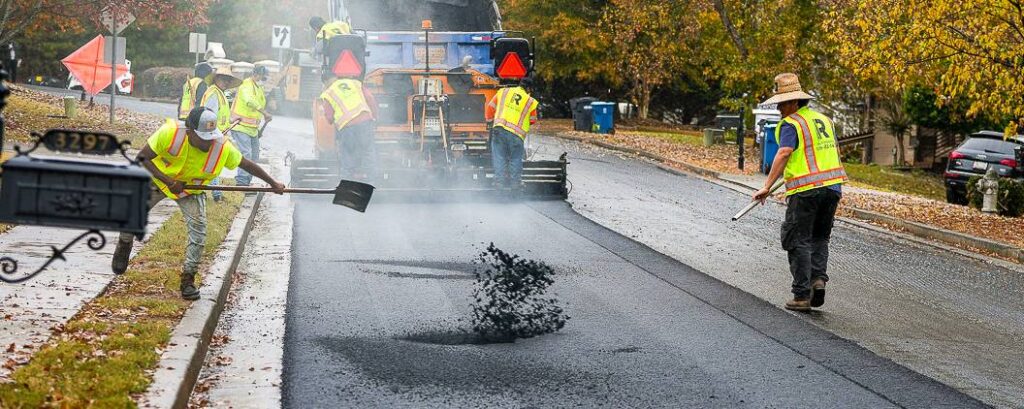
Choosing the right driveway paving company can mean the difference between a driveway that lasts two decades and one that fails in a few years. By understanding materials, installation techniques, and contractor qualifications, you can ensure high-quality results, better home value, and fewer repairs down the road. Evaluate system performance, warranty coverage, and customer reviews to select a partner who delivers not just a driveway, but a long-term outdoor asset.
